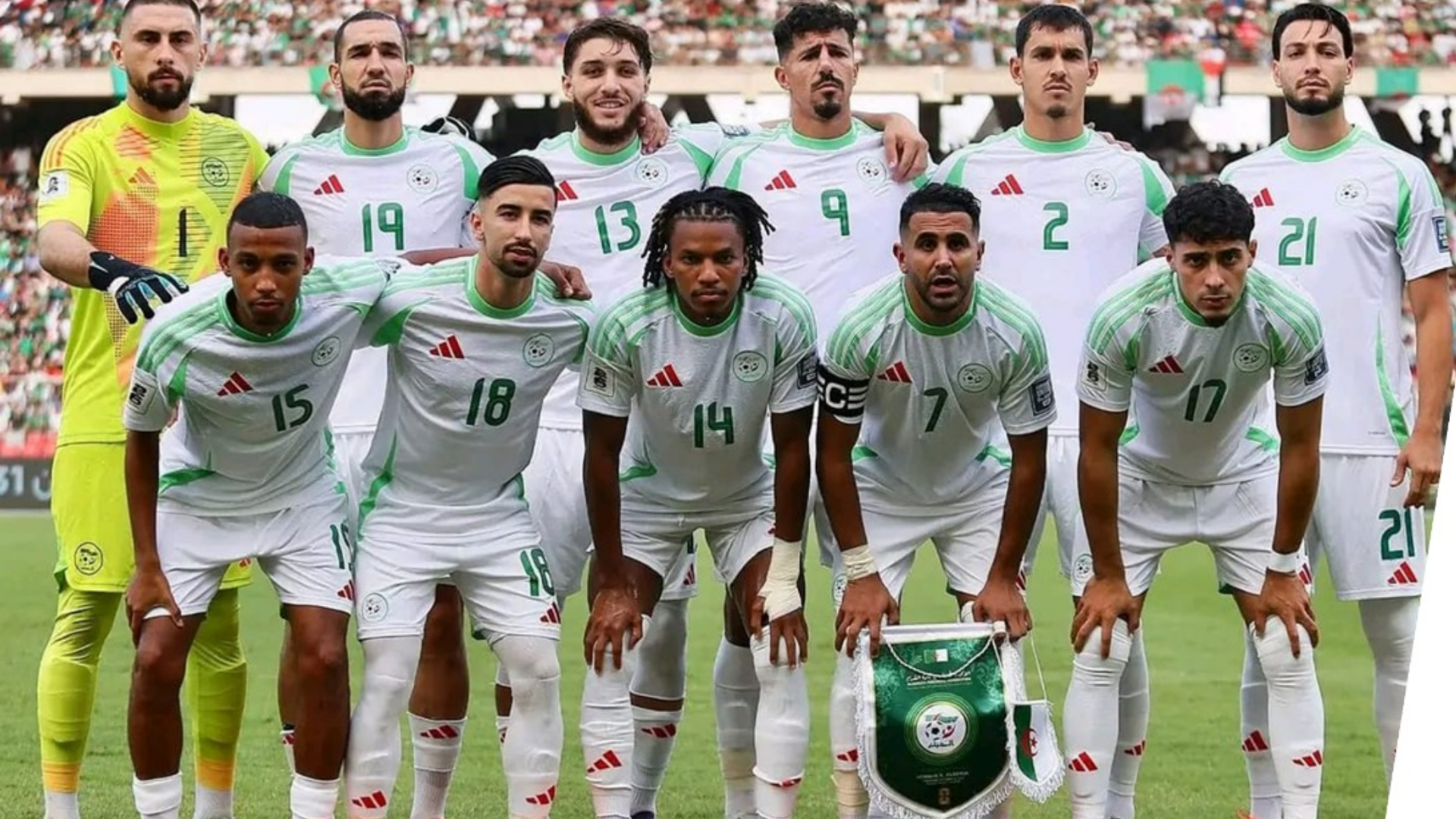- Home >
- Soccer >
- A Historic Change Looms for the World Cup! Gianni Infantino Opens the Door To Modifying the Dates
A Historic Change Looms for the World Cup! Gianni Infantino Opens the Door To Modifying the Dates
FIFA president Gianni Infantino has shocked the football world by revealing that the World Cup calendar could undergo a major transformation starting in 2030. Speaking at the General Assembly of the European Football Clubs (EFC) in Rome, the Swiss official stated that the organization is considering holding the tournament in months other than the traditional June and July, taking inspiration from the Qatar 2022 World Cup, which was played in winter.
Infantino suggests moving the World Cup due to extreme heat
“The heat in some countries makes it impossible to play in the summer,” Infantino told the media. “This isn’t just about the 2030 World Cup, it’s part of a broader reflection. Even in some European countries, July can be too hot for football. We may need to rethink the calendar and keep an open mind to optimize the dates,” he added.
The president pointed out that the logistical and sporting success of Qatar 2022, held between November and December, proved that a calendar shift can work without compromising the quality of the competition. For that reason, FIFA is exploring options to adapt future editions—especially those set to take place in regions where summer temperatures are extreme.
Infantino also acknowledged that June, historically considered the best month for football, is not always used efficiently by European leagues and federations. “We want to find a balance that benefits everyone: players, coaches, clubs, and national teams. There’s a lot at stake,” he said.
March and October among the new dates under consideration
The FIFA president went even further, suggesting possible alternative months for hosting the global tournament. “If we want football to be played simultaneously across the entire planet, we have to accept that March or October could be ideal months. It’s impossible to play a tournament in December in one hemisphere and in July in the other,” Infantino explained.

The change would not only affect the international match calendar but also the scheduling of domestic leagues, player release periods, and club competitions. Therefore, the president emphasized that the process will require broad consensus among all parties involved.
With the 2034 World Cup already awarded to Saudi Arabia, the proposal takes on added significance. The country’s climate conditions make it necessary to reconsider competition dates to ensure both player safety and performance levels.
If approved, world football could witness an unprecedented transformation: a World Cup played outside of summer, seeking balance between tradition, logistics, and player health. A shift that, just like in Qatar, could usher in a new era in the history of the world’s most popular sport.






















